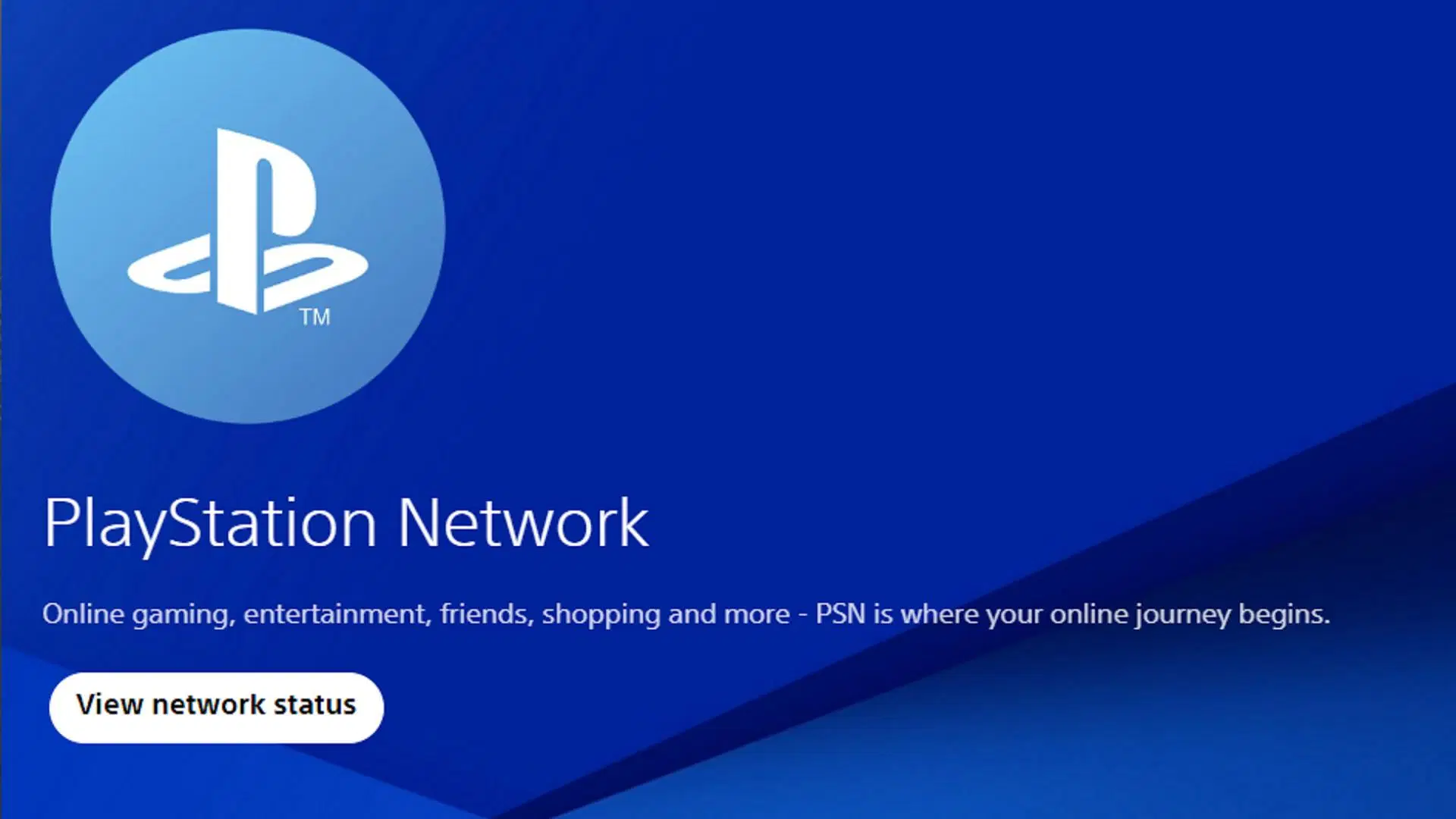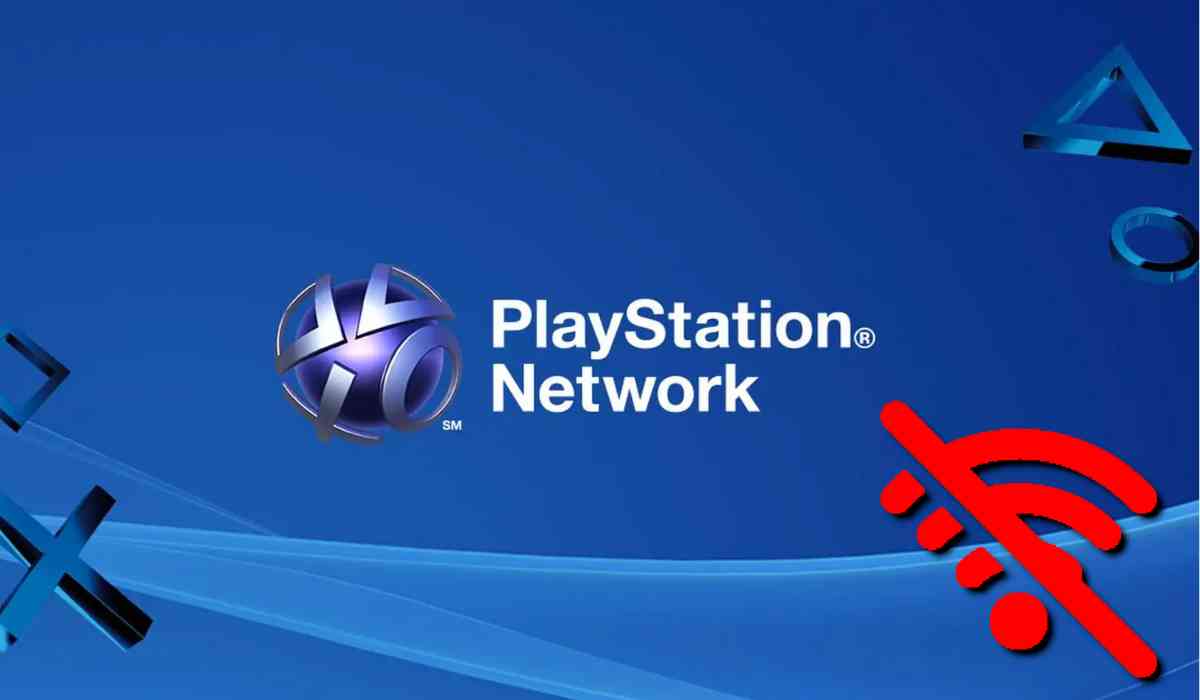Gamers worldwide were left frustrated on Friday night as the PlayStation Network (PSN) went down, affecting millions of users. The outage disrupted online multiplayer games, digital downloads, and access to PlayStation services, leaving players unable to engage in their usual weekend gaming sessions. While PlayStation users scrambled to find a solution, the incident sparked a larger conversation about the growing dependency on video games and the potential impact of excessive gaming on physical and mental well-being.

OVERVIEW OF OUTRAGE ON PSN:
The PSN downtime began around 8 PM EST on Friday, with reports flooding social media platforms about widespread issues accessing online features. Gamers were unable to connect to online servers for major titles such as "Call of Duty," "FIFA," and "Fortnite." Additionally, PlayStation users faced difficulties in accessing the PlayStation Store and streaming services, leaving many unable to download or access their previously purchased content.
In response to the growing frustration, Sony acknowledged the outage, stating that their technical teams were working to resolve the issue. However, as of late Friday night, no clear timeline for full restoration was provided, leaving users in limbo.
CONCERNING LIMITS ON PLAYING:
Experts are warning that extended gaming sessions can have serious implications for both physical and mental health. Prolonged screen time has been linked to several health issues, including eye strain, headaches, poor posture, and sleep disturbances. A study conducted by the ‘’American Psychological Association’’ found that individuals who spend more than 3 hours a day playing video games are more likely to experience higher levels of stress and anxiety.
Additionally, gaming addiction has been identified as a growing concern. According to the WHO (World Health Organisation), near average of 3-5% of gamers worldwide show signs of severe gaming disorder, characterized by an uncontrollable habitual gaming and the prioritization of gaming over other actions even the necessary ones.
WHAT NEEDS TO BE DONE: REDUCING DEVICE SLAVERY
A report by the University of Michigan shows that 30 minutes of physical activity can bring down anxiety and depression levels exponentially, bring stress levels down and physical, and improve mental well-being too, whereas gaming only provides fake dopamine at most, with strategic thinking which has better ways of being learnt.
WHAT CAN BE EXPECTED – FUTURE OF GAMING
This industry is set to grow over $200 billion by 2026, with AR, VR etc being at the forefront. In India, the gaming community is expected to surpass more than 50 crore players by 2026, lead by cellphone gaming, concerns over excess addiction and mental health issues persist. Experts emphasize the need for a balanced approach to gaming and responsible usage. As technology evolves, so too will the need for stronger regulations to ensure player well-being. The future of gaming promises innovation but also requires careful consideration of its societal impact.
CONCLUSION:
The recent PSN outage has highlighted the growing dependence on video games, especially as millions of gamers worldwide face disruptions. With 3 crore gamers alone, many young adults are reported to spend 4+ hours on gaming, increasing risks of mental health issues like anxiety and social isolation. According to many institutions, gamers may develop gaming disorder, underlining the need for balance. Experts advocate for diversifying hobbies, almost 60% of respondents in a NIMHANS survey reported better well-being after engaging in physical activities. As the PSN service resumes, the conversation about responsible gaming and maintaining a healthy lifestyle continues.
With inputs from agencies
Image Source: Multiple agencies
© Copyright 2024. All Rights Reserved Powered by Vygr Media.





















